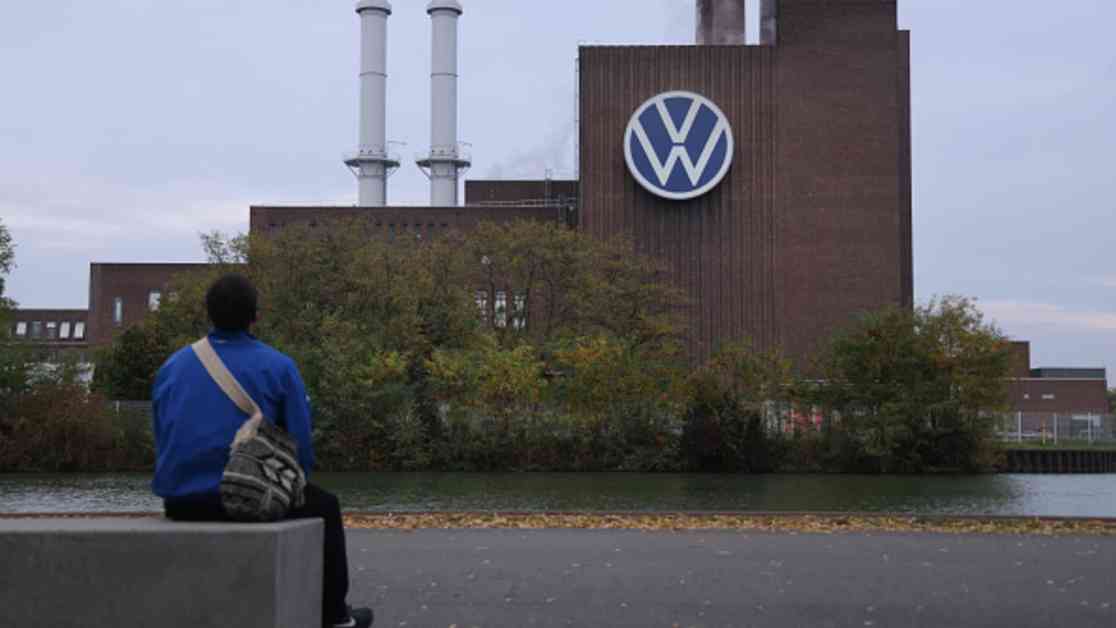Trump’s Plan to Transform Germany’s Auto Giants into American Companies
Republican Presidential candidate, former U.S. President Donald Trump has made a bold statement about the future of Germany’s auto industry. During a campaign rally in Savannah, Georgia, he expressed his desire to see German car companies transformed into American car firms. This announcement has sparked concerns about the potential impact on Europe’s automotive sector, especially Germany’s crisis-stricken industry.
Germany’s Vulnerability to Trump’s Tariff Threats
Trump’s plan to impose tariffs on all goods coming into the U.S. poses a significant risk to European carmakers, with Germany being particularly exposed. The country’s auto sector, home to major players like Volkswagen, Mercedes-Benz Group, and BMW, is already facing challenges due to economic weakness and sluggish demand in key markets like China. Trump’s proposed tariffs on Chinese, Canadian, and Mexican products have raised fears that Europe, including its auto industry, could be next in line.
Expert Analysis on the Potential Impact
Rico Luman, a senior sector economist at Dutch bank ING, highlighted the substantial exposure of Germany’s auto sector to Trump’s tariff threats. Germany is the largest exporter of passenger cars to the U.S. within Europe, accounting for a significant portion of the country’s total exports. The imposition of tariffs on German carmakers could exacerbate the existing challenges faced by the industry, affecting not only automakers but also the broader manufacturing supply chain.
Industry Response and Future Outlook
While some analysts question the feasibility of Trump’s pledge to turn German car firms into U.S. companies, there is consensus that additional tariffs could intensify global auto industry challenges. Companies like Volkswagen, BMW, and Mercedes-Benz have emphasized their contributions to the U.S. economy, including local production and job creation. However, uncertainties remain regarding the potential impact on trade agreements like the USMCA and the overall competitiveness of European automakers in the face of evolving trade policies.
In conclusion, Trump’s ambitious plan to reshape Germany’s auto giants has put the global automotive industry on edge. As stakeholders brace for potential changes ahead, the impacts of these developments could reverberate across markets and supply chains. The future of German carmakers as American entities remains uncertain, signaling a period of heightened challenges and opportunities for the industry on both sides of the Atlantic.

















